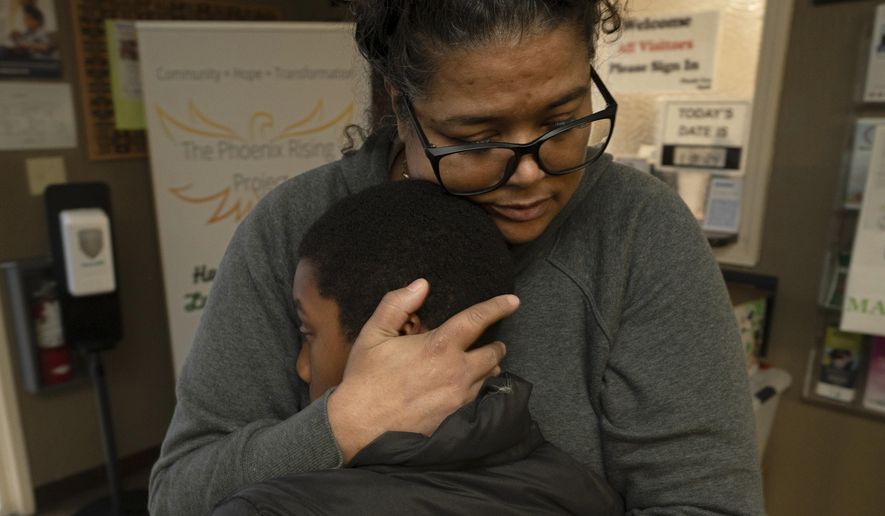OPINION:
It wouldn’t be an overstatement to say that the headlines are increasingly filled with warnings about an escalating mental health crisis in America.
Once only whispered about or discussed behind closed doors, our psychological and emotional well-being have become a common topic of conversation. This new openness can be healthy and helpful, but it also points to a growing need that cannot be ignored.
Subscribe to have The Washington Times’ Higher Ground delivered to your inbox every Sunday.
Since Focus on the Family’s inception in 1977, the importance of mental health has been emphasized both on our radio broadcast and in various print publications.
It was the English writer, C.S. Lewis, who once observed, “Mental pain is less dramatic than physical pain, but it is more common and also more hard to bear. The frequent attempt to conceal mental pain increases the burden: it is easier to say ‘My tooth is aching’ than to say ‘My heart is broken.’”
Mr. Lewis was right, of course, and such a sentiment invariably resonates with each of us. I immediately think back to my childhood and the pain of my father abandoning our family, and then my mother dying when I was only nine. Then my dad, who bounced in and out of my life, died before I even became a teenager. Through it all, my emotions were raw, layered, and confused.
Listen to the ReFOCUS with Jim Daly podcast, where Jim digs deep and asks the hard questions to help you share Christ’s grace, truth and love.
My own mental health was on the rocks until I met Coach Mo. Paul Moro was one tough guy. I was a sophomore at Yucca Valley High School in Southern California. Coach Mo had just graduated from Long Beach State and was hired to be a physical ed teacher and my football coach.
Coach Mo was the first person (outside of my mom) to believe in me. But he was more than an encouraging and hard-driving football coach. Paul and his wife, Joyce Moro, started to ask me to come over for dinner regularly. They took a real interest in me as a person. He and Joyce paid for me to attend Fellowship of Christian Athletes camp at Point Loma University. I accepted Christ there. Coach Mo made the difference in my life – and my mental health.
Not everyone has the luxury of good parents or a Coach Mo, but if you or someone you love is struggling mentally and emotionally right now, here are four things you can do to help take steps towards healing the wound:
1. Develop a strong spiritual foundation. Good mental health begins with a solid spiritual foundation that helps you establish life-giving spiritual rhythms of prayer, Bible study, and conversations about faith.
2. Be intentional about building meaningful relationships. Start a conversation. Ask questions. Show interest. Ask how you can encourage, support, and pray for them.
3. Act out of faith, not fear. Guard against allowing stressful situations to stir up irrational behavior in you. Model a healthy pursuit of faith and mental well-being. Isaiah 26:3-4 offers this promise: “You keep him in perfect peace whose mind is stayed on you, because he trusts in you. Trust in the LORD forever, for the LORD GOD is an everlasting rock.”
4. Remember that mental health includes emotional and relational health. For good or for bad, our emotional state is often a byproduct of our thoughts and of the condition of our most meaningful relationships.
If this all seems overwhelming to you, Focus on the Family has a team of caring counselors on staff who would consider it a privilege to offer you a free consultation. Call us, leave your name and number, and they’ll get back with you just as soon as possible. The number is 1-800-232-6459.
The apostle Peter writes, “Cast all your anxiety on Him because He cares for you” (1 Peter 5:7). That is a big promise – but it’s one that you can trust.




Please read our comment policy before commenting.